Making your own wine vinegars
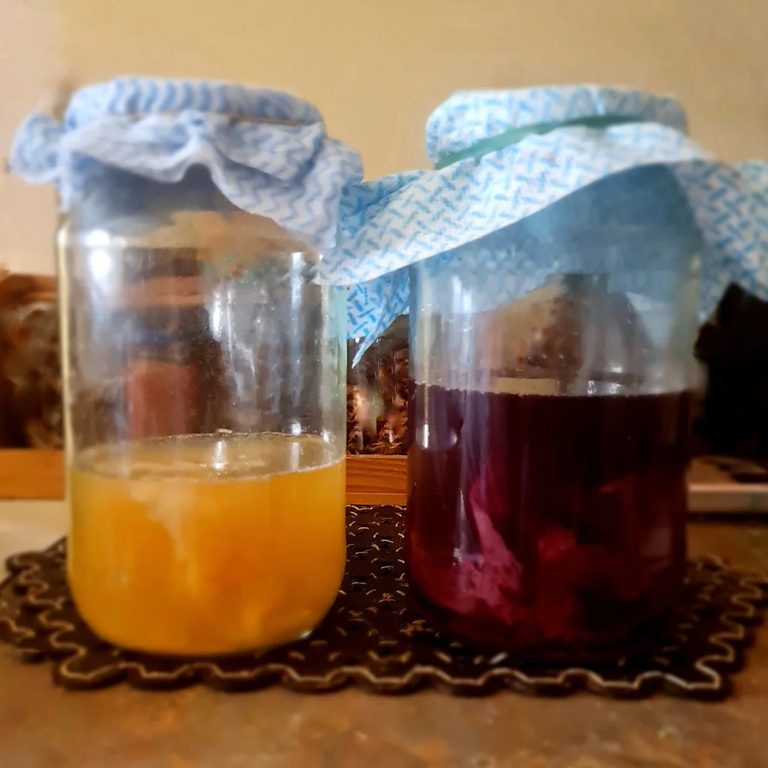
As I look for cheaper and more convenient ways to make herbal remedies, I am slowly shifting to vinegar extracts as opposed to tinctures. Oxymels are great too but the honey content prevents some good folks from partaking of them when they are sick. Glycerites too can be tricky for some folks, as access to good quality vegetable glycerine can be tricky too if you’re broke or isolated.
So water and vinegar seem to be the solvents that are in everyone’s reach. There’s a whole page on vinegar extracts (Acetae) on this website and one on teas and infusions too.
I’ve been successfully fermenting our own Apple Cider Vinegar (ACV) for ages now and wanted to expand the range of vinegars that I have access to without buying the factory made ones from the supermarket. You can imagine how happy I was to learn from my new friend, Alby at the Kapunda Community Garden, that ACV mother will ferment both white and red wines once it’s had a little ‘training time’. There are sugars in the wine and alcohol, itself, is a kind of sugar, so the ACV will live from these plus the minerals in the wine. As microbes are pretty adaptable, it doesn’t take long for those that like their new environment to take over.
My research has shown me that the different wines extract different compounds better. That makes sense when you consider that red wine has a much higher level of tannins than white and when you do my advanced tincturing course (much later in the year), you’ll find out how important that is.
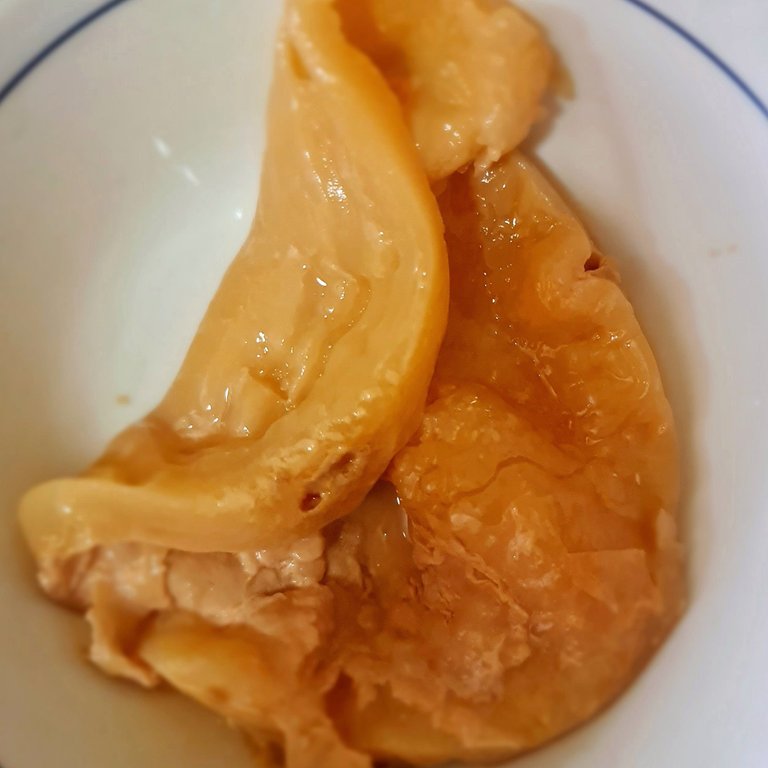
How to brew it.
If you don’t know what ACV Mother is, it’s technically called ‘Mother of Vinegar and is a colony of microbes that ferment sugars in Apple Juice into vinegar. It’s like a SCOBY for Kombucha (which is also covered on this website).
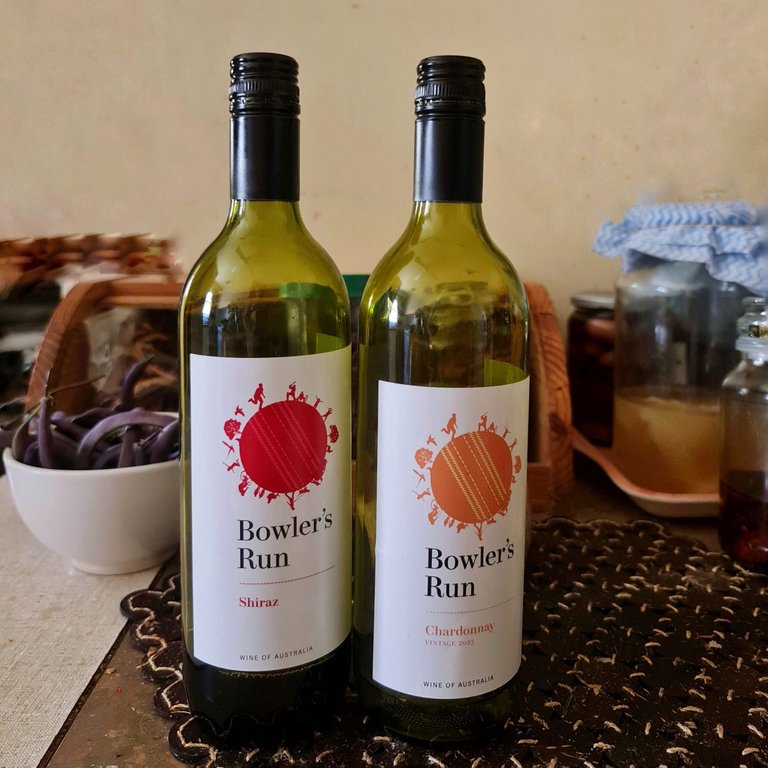
So, I separated some Mother from the ACV, bought a bottle of the cheapest red and white wines that I could find ($3.79 at Dan Murphy’s) and put a little of the Mother and in a jar for each of the respective wines. I covered them so that they can breathe (it’s an aerobic process) and waited. And forgot about them.
There are no ratios or measurements to remember. I put a whole bottle (well almost a whole bottle…ha ha) into each jar.
A month later, while tidying up the kitchen bench, I found the jars. They had no mould on the surfaces and a decidedly vinegary smell. Tasting a little of the white, I had to rush for a glass of water. It was strong vinegar! Very harsh. Much more timidly, I approached the red and found it pleasantly mellow.
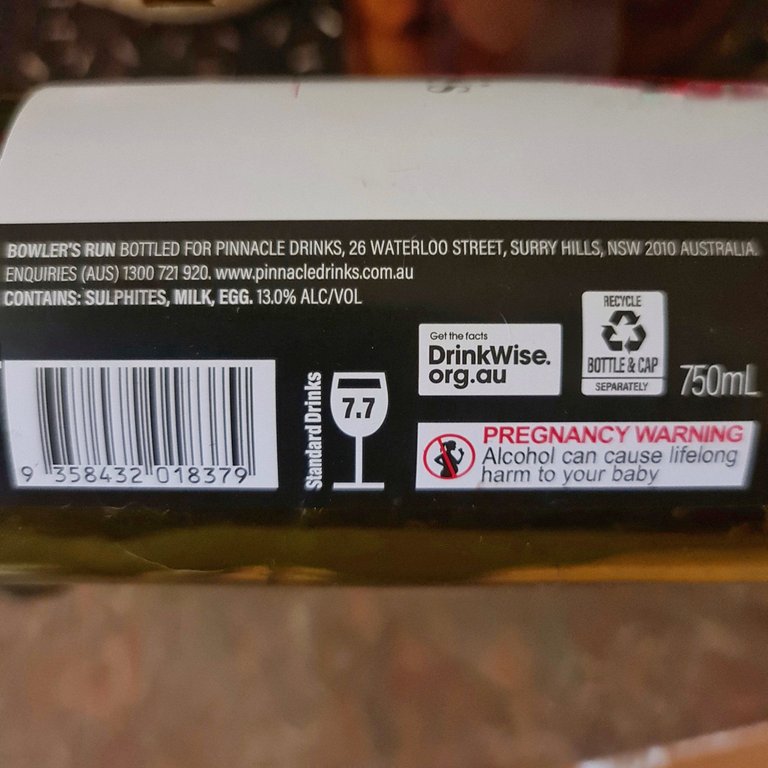
Does better quality wine brew better vinegar? I’m not sure yet but looking at the labels of the cheapies, I see that there are milk and egg products in there. I assume that they’re for huge industrial scale batches. There are sulphites in there too. I know that they’re preservatives and that they are what cause some folks to cough when they drink wine. I wonder if they’re needed? I’ll contact a friend and find out.
That’s it, that’s how you ferment your own wine vinegars at home using ACV Mother. Pretty easy.
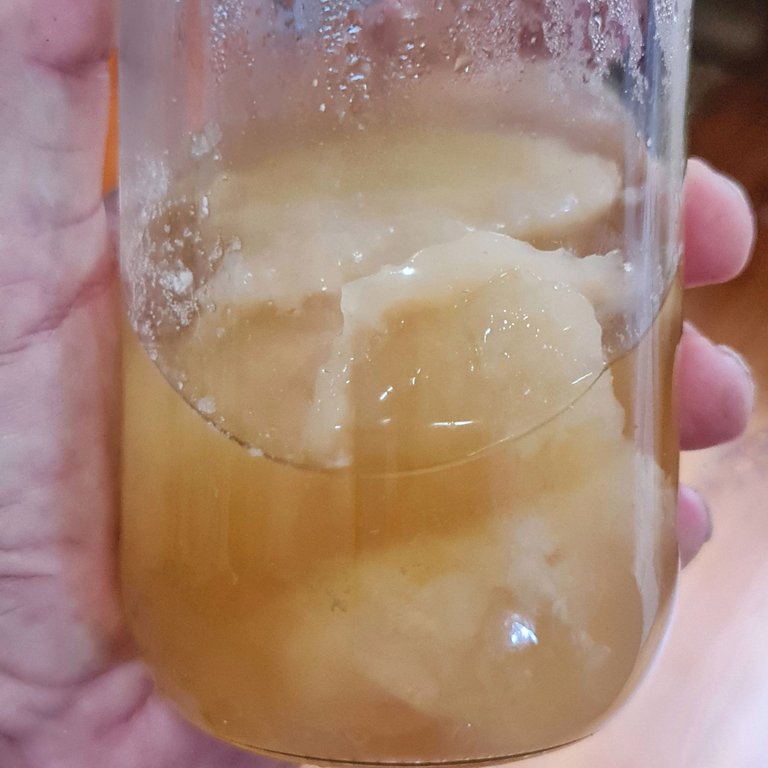
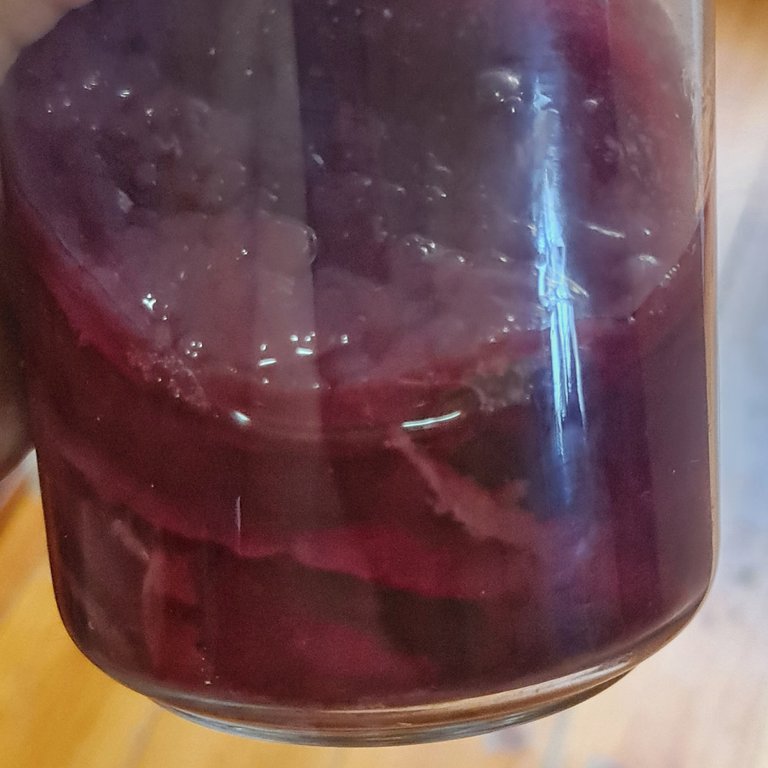
Using your homemade wine vinegars
You can use your wine vinegars in cooking, as you would usually use them. They make an excellent substitute for straight vinegar. For herbal use, use vinegar as you would alcohol. Vinegar is around 4% Acetic acid and the rest (96%) is water. For this reason, you’d want to do extractions of fresh herbs at 1:3 rather than 1:2 as you would with alcohol based tinctures. 1:5 is still OK with dried herbs. We have a page on Acetae on this website if you’d like more details.
Some of you may have seen that I've been writing a series of posts about making herbal remedies at home. I want to share what I know of this topic so that, as the world gets crazier, folks will have other avenues of medical care, namely those of themselves and their community. If you look back over this blog, you can see heaps of info on the topic, plus loads and loads of posts on herbs and using Australian bushfoods from a white perspective. If you haven't been around on in the @hivegarden and @naturalmedicine communities for long, you may be interested in looking back. There's w-a-a-a-a-y too much there for me to repost and the Hive system doesn't let you vote on old posts so, if you're happy with what you find, I believe that there is now a tip option...






I have nothing of value to add, just wanted to say hello and tell you that I found your post interesting. I think my partner would find it interesting too, so I'll pass it on to @bunny11 who I know to be a lover of wine, vinegar and more natural ways of doing things
Edit: Kapunda! :D
I'm glad you enjoyed it. Please pass the info on to @bunny11 Are you from Kapunda?
No, not from Kapunda, but I was there last weekend for an Open Mic at the Clare Castle Hotel. It was hot but fun was had!
Cool! Kapunda has a growing ukulele scene
That's interesting! Though, there were no ukelelists to be heard on the weekend, unfortunately. A few guitarists and drummers, a keyboard player, couple of saxophonists...
Do you play the ukelele?
Yes, I'm an old uke player. How about yourself. The Barossa and Murray lands areas have a thriving amateur music scene.
Nice one! No, never played a uke seriously before. You ever put any of your playing up on Hive?
That was my first time over in the Barossa for musical reasons, awesome to know there's more to discover, thank you!
This is very cool! I saved my giant mothers from when we made vinegar. I’ve never messed with wine vinegars, but this might be cool to have on hand.
Everything we can make ourselves extends our resilience a little. Plus it's fun to experiment.
Interesting! I've done a vinegar tincture for itching before (it was years ago, but I think ACV, calendula, and red clover), but I've never heard of wine vinegar.
Wine vinegars are the original vinegar. What we read as wine when reading about the Romans was essentially vinegar. It was later that folks worked out how to keep the flavours and body without it turning sour.
The itching aceta that you made sounds interesting. What was the role of the Red Clover? It's a plant i haven't used much before finding a reasonable supierlast year. Always interested in learning!
I didn't realize that's what the Romans drank! Bleh. LOL
I will have to look at the book where I referenced to make the tincture before, it's been so many years!
The Romans also ate Lettuces before bedtime to help them sleep 😉
Wow I had no idea you could do that!
It's easy and a use for the rare, undrunken bottle of wine.